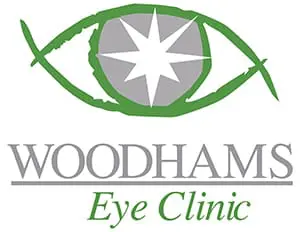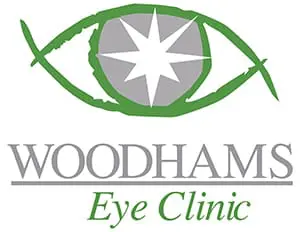This is a very common question eye doctors are asked. The number ratio “20/20 or 20/40 etc.” is a measurement of visual acuity. If your visual acuity is not 20/20, it can be from pathology (like cataract) or it can be from what we call “refractive error” e.g. nearsightedness, astigmatism, farsightedness -which are not at all the same thing. Refractive errors are measured in units called diopters, such as the +3 or -5 D. you mention. You just don’t know at that point in an eye exam what the refractive error is or how much there is. While generally speaking, the severity of the refractive error follows the degree of blurred vision, it is not at all a direct correlation like +1.50 =20/25 and +2.00 = 20/30. So while “refractive error” and “visual acuity” are both about vision, they are quite different things that do not parallel one another closely.
_Written by J. Trevor Woodhams, M.D. – Chief of Surgery, Woodhams Eye Clinic
For questions or comments, contact Woodhams Eye Clinic.

